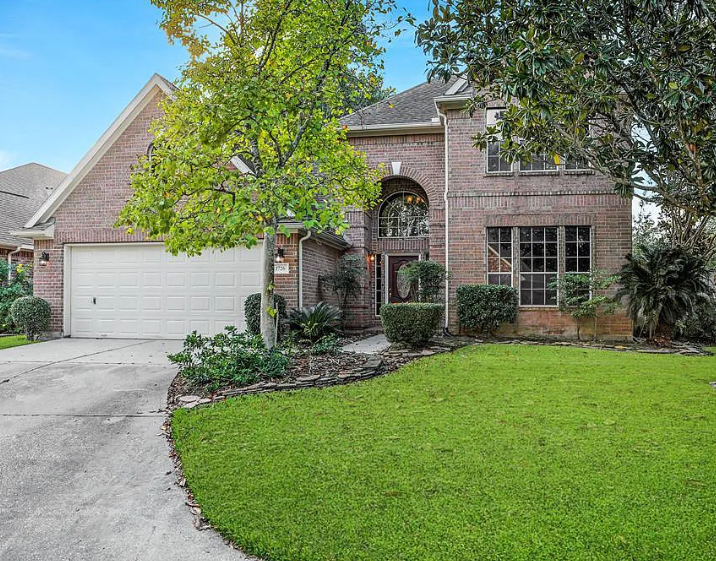Whispers of Windy Hollow Farm
Windy Hollow, a sprawling farmland nestled in the heart of Green Valley, had been in the Thompson family for generations. Acres of cornfields, an apple orchard, a serene pond, and a grand farmhouse made it a picturesque property. Yet, in the late 20th century, urban development encroached upon Green Valley, and many farms were sold and converted into suburban neighborhoods.
The Thompsons, faced with financial constraints and the allure of city life, reluctantly decided to sell Windy Hollow. The market buzzed with anticipation. Developers saw the potential for yet another housing complex, while families dreamed of the vast open spaces.
Enter Julia, a real estate agent known for her unique approach to properties. She had grown up in Green Valley and had fond memories of Windy Hollow. The idea of it turning into just another concrete jungle pained her.
With the Thompsons’ blessing, Julia embarked on a mission to find a buyer who would honor Windy Hollow’s legacy. Instead of advertising it as a prime development opportunity, she marketed it as a ‘Return to Roots’ endeavor.
Julia organized a weekend event, “A Day at Windy Hollow,” inviting potential buyers and their families. Activities like apple picking, horse riding, and picnics by the pond showcased the farm’s charm. She emphasized the idea of sustainable living, of a community where residents could farm, live off the land, and coexist with nature.
Word spread, and among the attendees was a group of investors who had been exploring the concept of ‘agrihoods’ – communities built around working farms. They saw Windy Hollow as the perfect location. Julia facilitated the sale, ensuring clauses in the contract that preserved large parts of the farm and mandated sustainable practices.
Windy Hollow Farm was reborn as “Windy Hollow Agrihood.” Residents lived in harmony with the land, had shared community gardens, and local schools incorporated farming into their curriculum. The Thompson farmhouse was converted into a community center, ensuring its history remained alive.
Julia’s unconventional approach had not only facilitated a sale but ensured Windy Hollow remained a green oasis amidst urban sprawl. It stood as a reminder that real estate wasn’t just about land and buildings, but about preserving stories and legacies.
